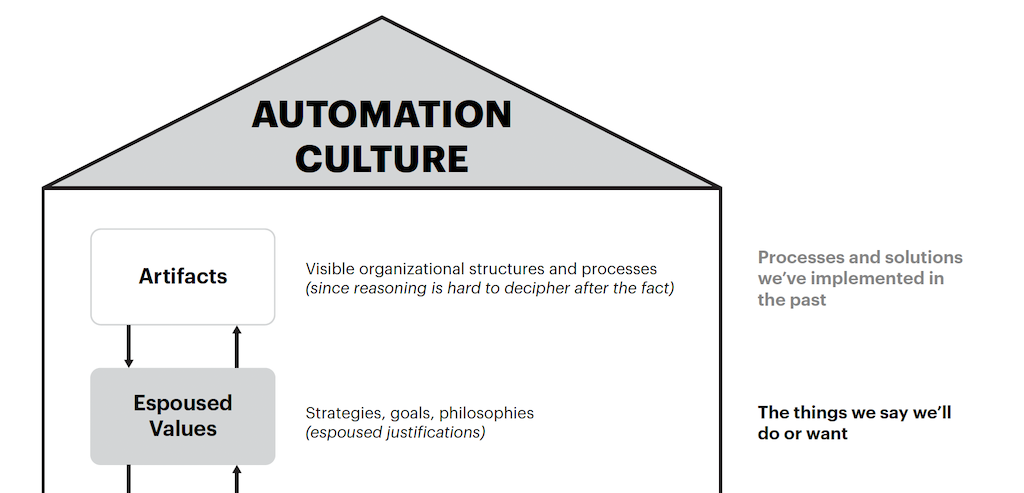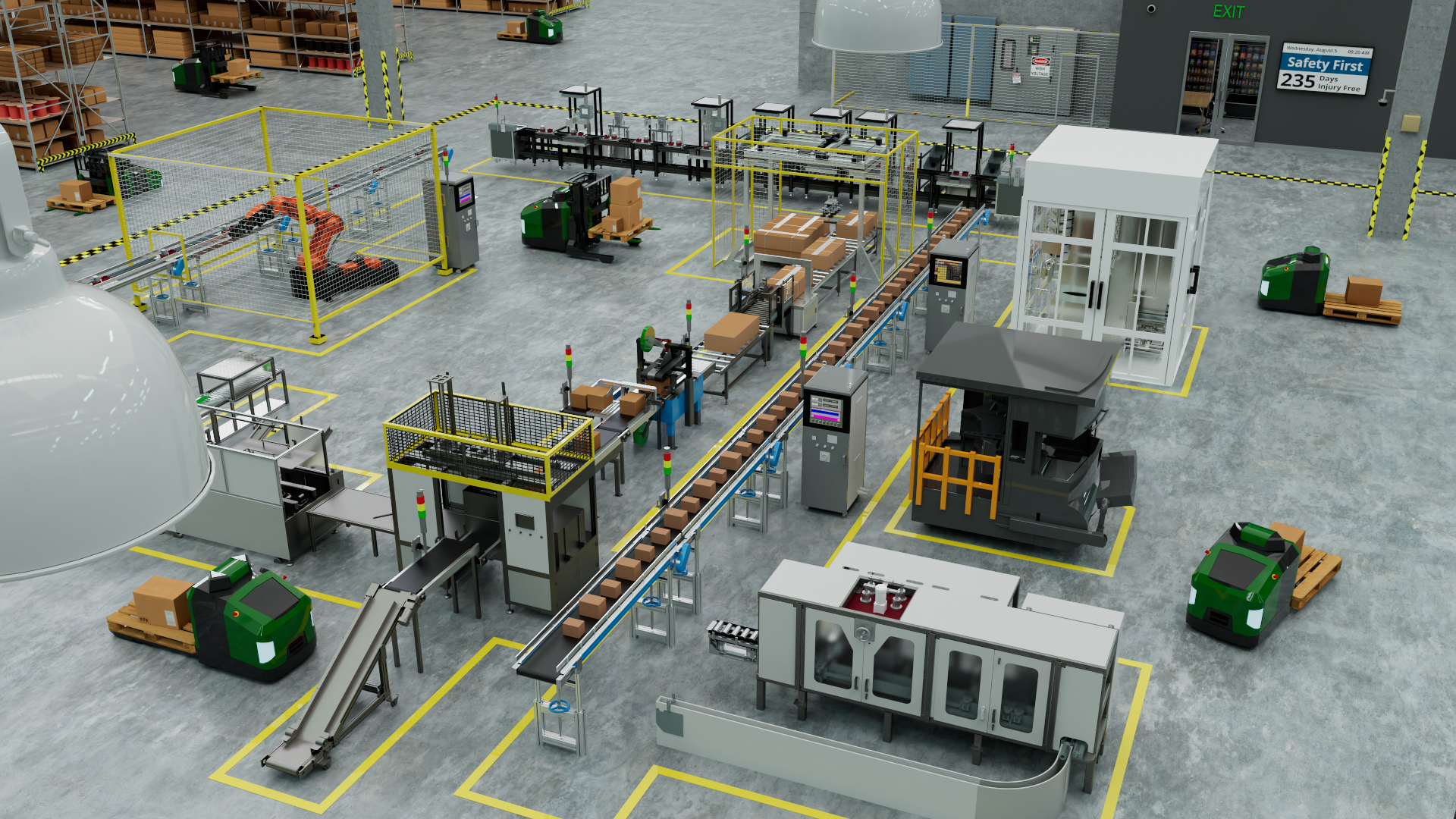Are the most recent terrorist events in schools a portent for industry? The tragedy of Littleton, CO, has sparked all the usual questions, accusations, and frustrations as people search for reasons, explanations, and understanding.
Are the most recent terrorist events in schools a portent for industry?
The tragedy of Littleton, CO, has sparked all the usual questions, accusations, and frustrations as people search for reasons, explanations, and understanding. While there’s no value in adding to the cacophony and media frenzy that have resulted, a couple of observations relating this event to industrial security may be appropriate.
First, many people believe that the terrorist attacks of the last few years are fostered in large measure by the violence youths and children are exposed to in our society. Video games, television entertainment, movies, news, and the general prevalence of anger, confrontation, “in your face” attitudes, and aggression are all frequently listed as contributing factors. If this belief is true — and I’m inclined to think it is — then we are likely to have problems for years to come, no matter what action is taken now.
The roots of our values and attitudes are planted in childhood. Researchers tell us that chronic exposure to violence can have serious developmental consequences for children, including truncated moral development and a pathological adaptation to violence. Thus, the seeds may have already been sown for violent acts that will be carried out 5, 10, or 15 yr from now. For many of our youngsters, even an immediate reduction of exposure to violence and aggression may be too late. The violent employee of 10 or 15 yr from now has already been indoctrinated into a world of aggression.
Second, many terrorist attacks are perpetrated from the inside. They are committed by employees, students, family members, visitors, or friends who have legitimate access to the institutions they attack. My impression is that most industrial security is based on preventing entry to facilities and areas by “unauthorized” people. The potential danger represented by people who have regular and authorized access to the plant may be neglected.
This is not a call to constant internal surveillance and the initiation of “Big Brother” practices. But it is a “heads up” warning that plant engineers should be alert to the possibilities of danger from within.
So, my observations are these: One, the seemingly random acts of terror that have become part of U.S. society are likely to continue for years to come. And, two, there may be more danger in our plants from persons who are known to us than from the stranger.



